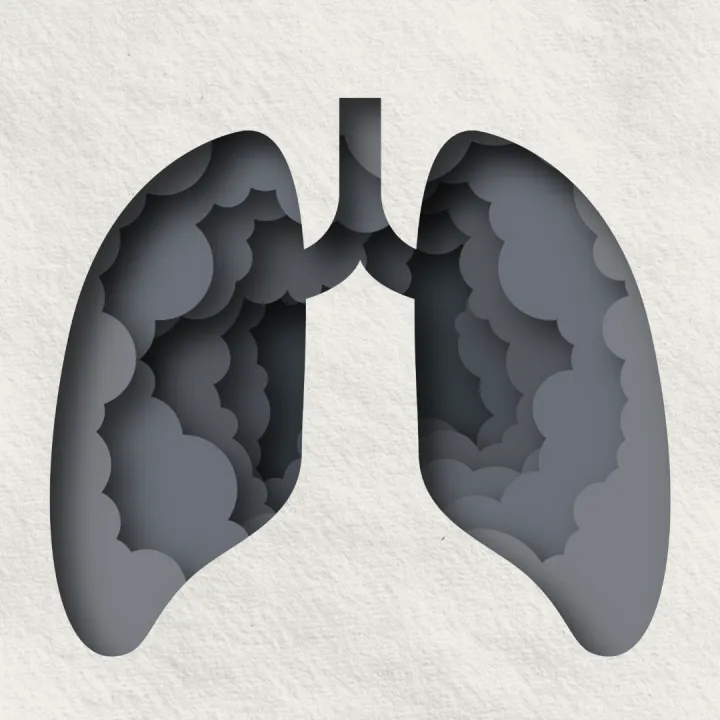La fibrosi cistica (FC) è una malattia genetica causata da mutazioni in un singolo gene (chiamato CFTR, regolatore della conduttanza transmembrana della fibrosi cistica). Si tratta di una malattia recessiva, il che significa che i pazienti affetti da questa patologia sono portatori di due copie del gene difettoso. La fibrosi cistica causa problemi a diversi organi. Per la maggior parte dei pazienti, le maggiori difficoltà di salute sono causate da una malattia polmonare progressiva, derivante da un'infezione batterica cronica.I ricercatori hanno sviluppato terapie per correggere la proteina difettosa e mutata nelle persone affette da FC. Queste terapie sono chiamate modulatori CFTR. È stato dimostrato che migliorano la funzione polmonare dei pazienti e la loro qualità di vita complessiva. Tuttavia, ogni tipo di modulatore CFTR è progettato per una mutazione specifica, quindi alcuni pazienti non possono riceverli a causa della loro mutazione specifica. I ricercatori stanno lavorando allo sviluppo di una terapia genica che potrebbe essere utilizzata per trattare tutte le mutazioni che causano la FC.In questa sezione troverete schede informative sulla FC e sulla ricerca in corso in questo campo, nonché linee guida su dove cercare sostegno se voi o una persona cara convivete con la FC.
Cystic Fibrosis (CF) is a genetic disease that results from mutations in a single gene (called CFTR, cystic fibrosis transmembrane conductance regulator). It is a recessive condition, which means that patients living with the condition carry two copies of the faulty gene. CF causes problems in multiple organs. For most patients, the greatest health difficulties are caused by progressive lung disease, resulting from chronic bacterial infection.
Researchers have developed therapies to correct the faulty, mutated protein in people with CF. These are called CFTR modulators. These have been shown to improve patients' lung function and overall quality of life. However, each type CFTR modulator is designed for a specific mutation, and so some patients are unable to receive them due to their specific mutation. Researchers are working to develop a gene therapy that could be used to treat all mutations causing CF.
In this section you will find factsheets about CF and about ongoing research in this area, as well as guidelines as to where you can look for support if you or a loved one are living with CF.

